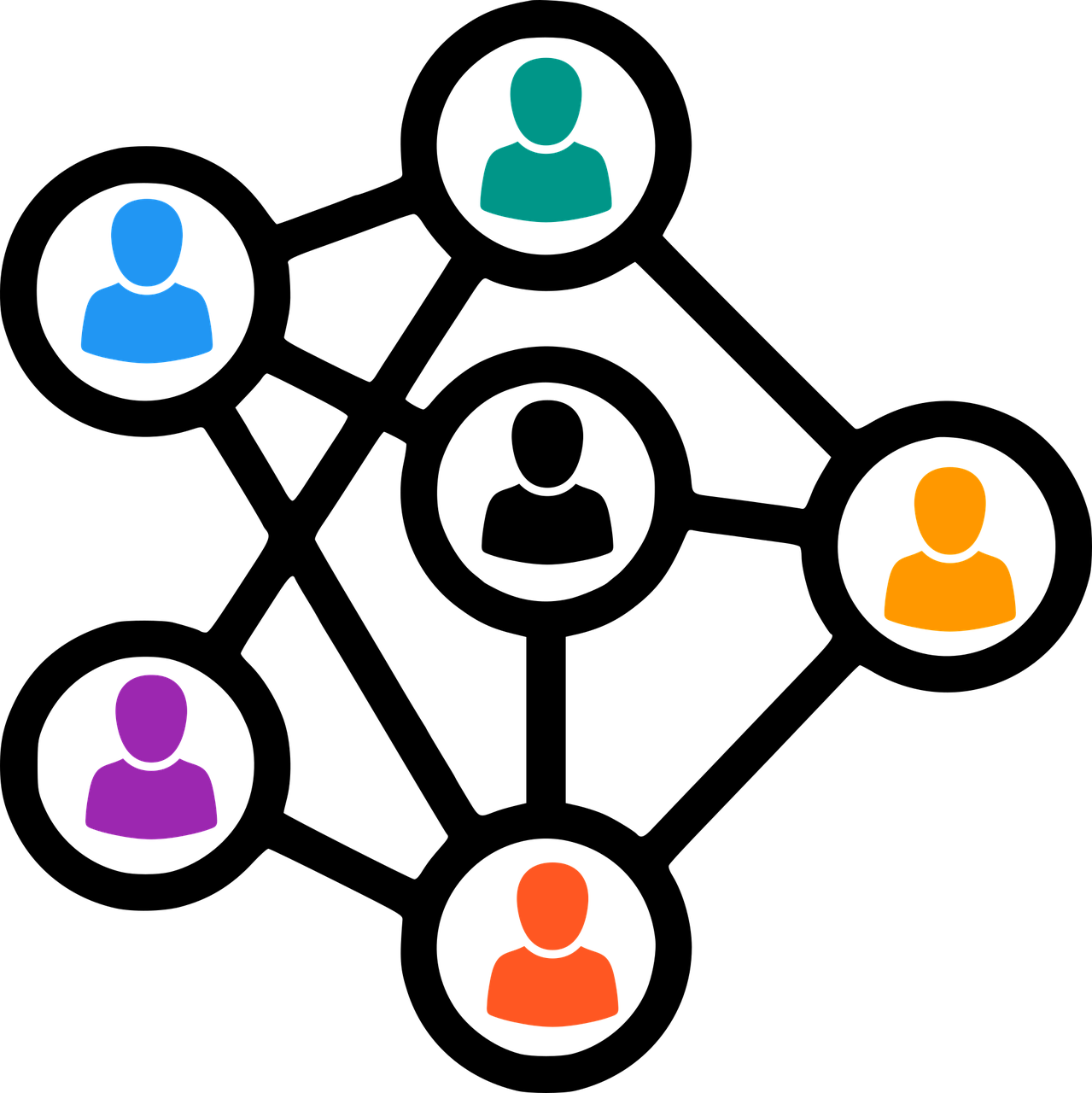Partner Perspectives
Incorporating Stakeholder Feedback
Stakeholders will be involved in the SMaHT study throughout all project phases, allowing for direct input on key decisions in a timely and responsive manner. Community engagement using the ELSI 360⁰ approach offers a novel and unique opportunity to address limitations in past genetics studies. To understand more about SMaHT’s ELSI 360⁰ approach please visit Our Mission page.
SMaHT Community Advisory Board (CAB)
CABs are groups of stakeholders from around the country representing unique ideas, thoughts, and perspectives. CABs are created with a deliberate focus on the members of each group, including occupation, roles in the community, lived experiences, and whether someone has ever been involved with receiving or donating tissues or organs.
By creating CAB networks across the U.S. and connecting with them routinely throughout the project, the SMaHT study has the unique opportunity to foster relationships with community members and include their feedback and perspectives on the SMaHT study at multiple levels. This approach centrally informs the ethical, legal, and social implications of the SMaHT project.
As a brand new and first-time grandparent, I am blessed with seeing a life unfold before me. When I look into those big, round eyes of our six-month-old grandbaby, I see a world of potential and hope and pray that she will thrive for a dozen decades. But as a researcher, I know all too well that her health is shaped by factors we really don’t yet understand. Research allows us to understand how factors like genetics and stress can affect health. Research can also tell us what can be done about these issues. A new generation of researchers can make a difference in finding out why we get sick and what to do about it for all people. My dream is to have every single baby out there live a long and healthy life. Supporting research is the best chance we have to make this dream a reality.
Multi-Disciplinary Specialty Committee (MDSC)
The study also has a group of stakeholders who are specialists in a range of relevant areas called the MDSC. The MDSC and CAB continually work together to inform and advise each phase of the SMaHT study. The MDSC is comprised of professionals (e.g., physicians, psychologists, geneticists, genetic counselors, and pastoral care providers) and other stakeholders (e.g., community members at large).
The MDSC is a geographically representative group of people who reflect a range of perspectives, ideas, and voices. Leveraging the knowledge and skills of this team enables us to provide the wider SMaHT team with insights and guidance.

My involvement in the SMaHT initiative through the Multidisciplinary Specialty Committee (MDSC) is deeply meaningful. The MDSC is dedicated to centering the family to ensure their experiences with the study are respectful and thoughtful. Above all else, SMaHT and the MDSC honor the generosity of the donation of a loved one’s tissues. This initiative is scientifically valuable, not just for the depth of research into the role of somatic mosaicism in human health conditions, but because SMaHT is genuinely about the study of somatic mosaicism across ALL humans and their tissues.